As the debate about a gas-fired recovery from Covid-19 rages on in Australia, the nation’s chief scientist Dr Alan Finkel has said using gas in the short- and medium-term was Australia’s most efficient pathway to net zero emissions. Describing gas as an enabler in the energy transition, Finkel said that battery storage is still decades away from being able to support a renewables-dominated grid.
Appearing as a guest on ABC’s Q&A program on Monday, Finkel said that gas is a perfect complement to solar and wind – a statement lately often heard from Energy and Emissions Reduction Minister Angus Taylor – adding that gas is “much, much more scale than batteries”. “If we just try and bring on a lot of solar and a lot of wind electricity … there will be a limited rate given the availability and cost of batteries,” the Chief Scientist said. “Maybe 20 or 30 years from now we’ll have new kinds of batteries, vastly powerful, more extensive batteries and we can do it with batteries.”
However, battery storage has already shown its potential in Australia and proved its worth across a vast array of applications. For instance, the world’s biggest operating battery, the 100MW/129MWh Hornsdale Power Reserve, or Tesla big battery, in South Australia, has repeatedly demonstrated its immense value for the grid, largely through grid stabilization services and savings, while it also assumed a critical role in keeping the light on in SA this summer. But the project, which is being expanded by 50%, through the addition of 50MW/64.5 MWh of Tesla batteries, is set to become an even more valuable asset to the National Electricity Market (NEM) through the addition of digital inertia services.
Notwithstanding, Finkel went on to say that “the quickest way to develop our renewable electricity system is to support it with gas”. When asked about this “short-term” dependence on gas, Finkel said: “The reality is we’re going to have to rely on it for 10-20 perhaps 30 years. Up to three decades.”
But Finkel’s view was challenged by fellow panelist and former Sydney Lord Mayor Lucy Turnbull, who said that giving gas such a prominent role in the transition to zero emissions was “a little troubling”. “We have to have a national and a global goal of having net zero carbon by 2050,” she said. “The way to get there is to have renewables, plus storage. Not just batteries – you can have pumped hydro, and the battery technology revolution is really amongst us.”
She argued that over-investment in gas is the wrong path to take in the post-Covid-19 world, which should be reconceived as “a post-carbon world“. The nation should aim high, she said, and “have the goal of having the emissions profile and aspirations of say, Denmark, with the energy costs of Saudi Arabia”. “If you have that goal, what is your pathway to get there? It probably isn’t gas,” she said.
This content is protected by copyright and may not be reused. If you want to cooperate with us and would like to reuse some of our content, please contact: editors@pv-magazine.com.
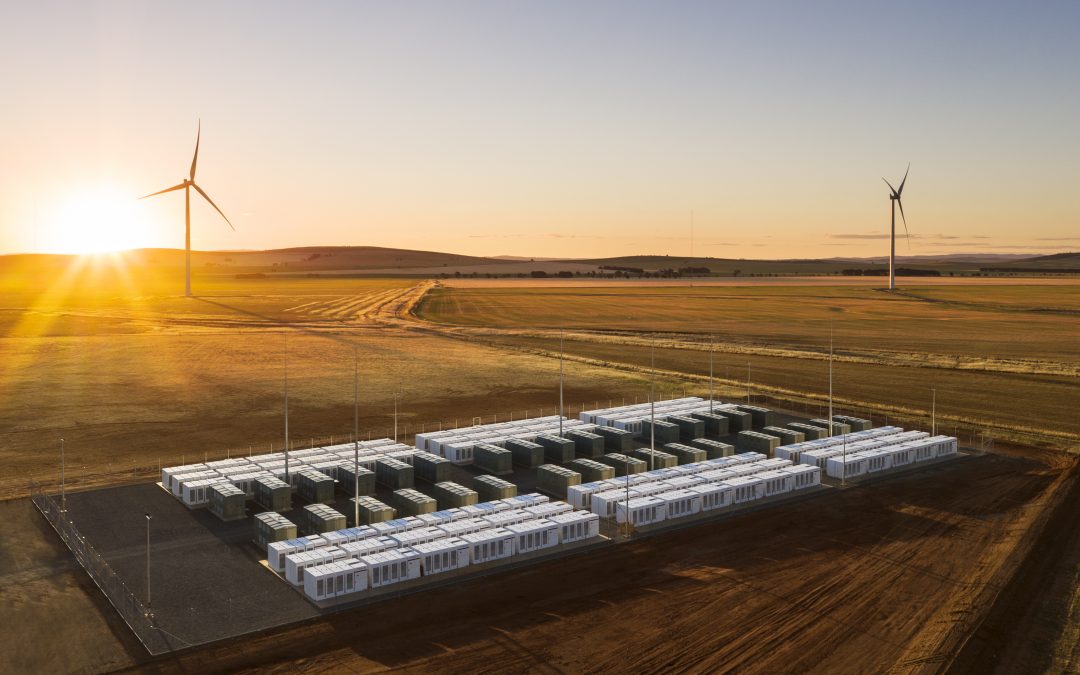
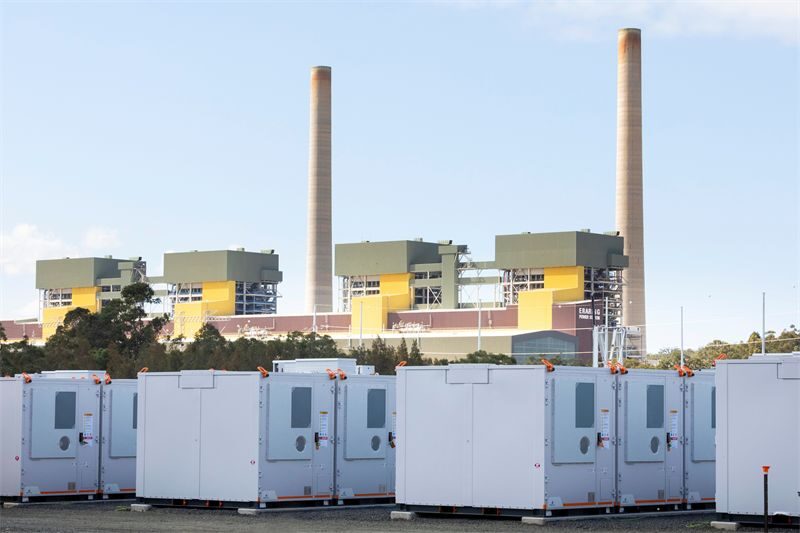


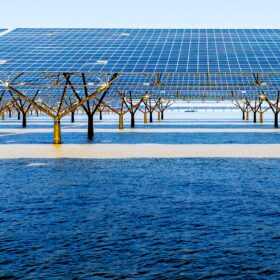
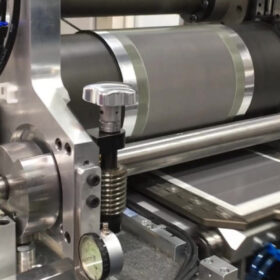
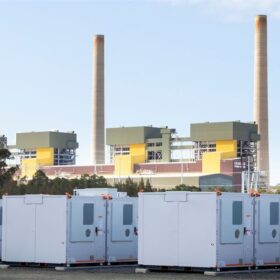
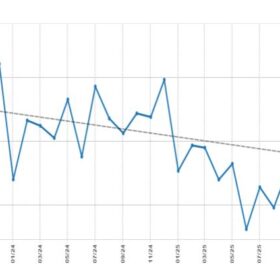
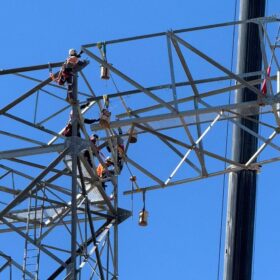
“”Appearing as a guest on ABC’s Q&A program on Monday, Finkel said that gas is a perfect complement to solar and wind – a statement lately often heard from Energy and Emissions Reduction Minister Angus Taylor – adding that gas is “much, much more scale than batteries”. “If we just try and bring on a lot of solar and a lot of wind electricity … there will be a limited rate given the availability and cost of batteries,” the Chief Scientist said. “Maybe 20 or 30 years from now we’ll have new kinds of batteries, vastly powerful, more extensive batteries and we can do it with batteries.””
I can’t believe this guy is a Doctorate of Science with broad brush stroke claims, that gas is the 20 to 30 year solution until “batteries come along in technology”. Dr. deadhead seems to forget, Australia researched Vanadium redox flow batteries back about 1988. The lithium ion TESLA battery installed across the Neoen wind farm has paid for itself using the battery to support stacked grid services for multiple revenues from (one) asset. This worked out so well, the TESLA battery has now been enhanced to 150MW/193.5MWh, notice (chief scientist) your predicted natural gas was not installed to “back up” the TESLA battery, but was enhanced after paying for itself with grid services revenues.
SMA and GE are releasing inverters that can “reform” a grid in milliseconds to seconds, and react to grid demands in milliseconds to seconds, something a gas driven turbine can’t do. Energy storage systems seem to have a relatively short amortization period, something less than 10 years instead of the mechanical fueled generation project that takes decades to amortize unless a new technology comes along that relegates the asset to a stranded asset. One has to wonder just how much money the “good Doctor” has invested in something like the Gorgon project? In this case, I’m not smelling science, I’m smelling greed.